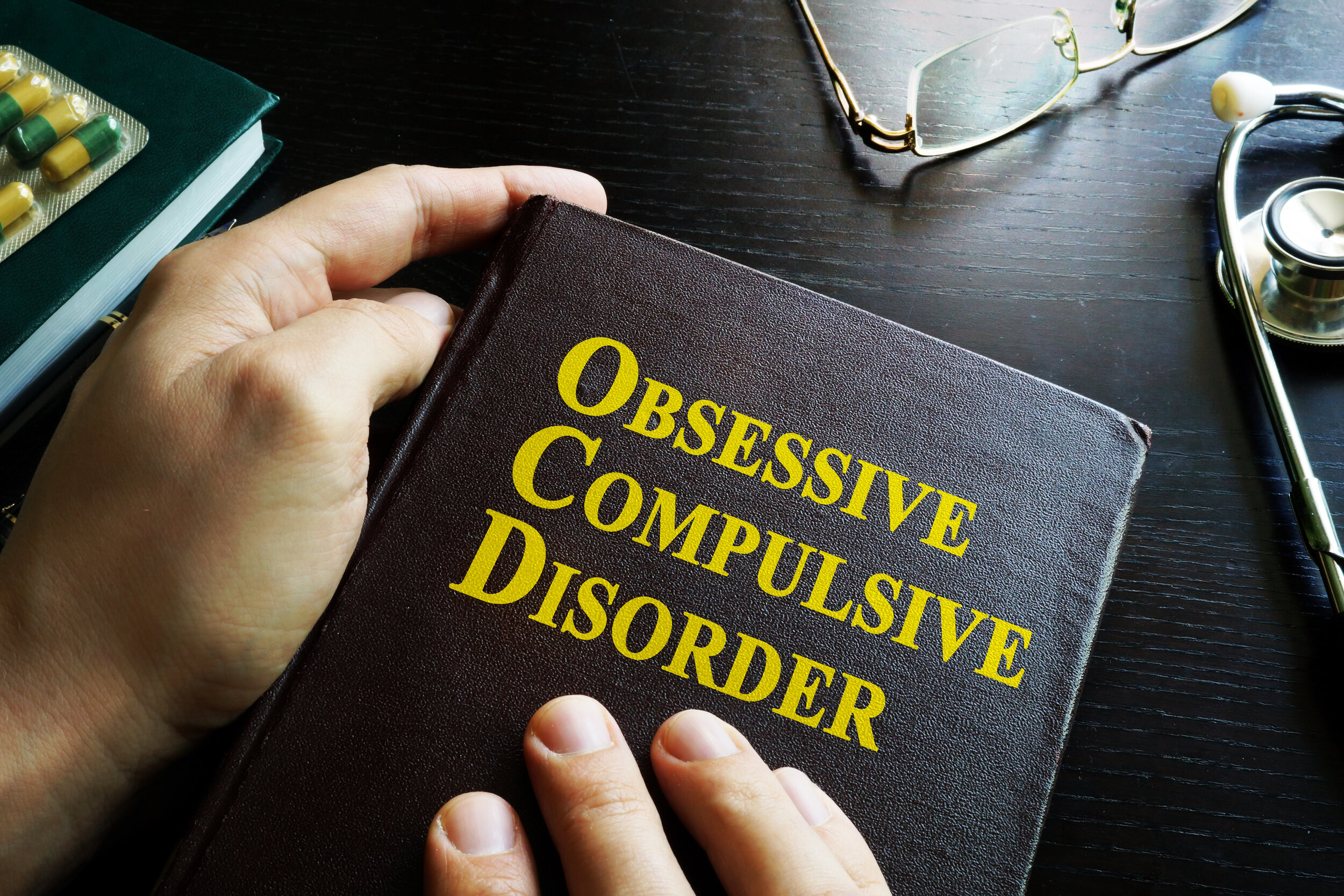10 of My Favorite Books on OCD
Hi Everyone,
I hope you’re all doing well and hanging in there with the coronavirus. Help is on the way and the vaccine is being distributed as I write this. Yayyy!! It will be a huge relief once the world opens up again, though I expect our world will be forever changed in some ways. Perhaps it will be changed for the better...I guess we’ll see how things turn out.
Sometimes we might want to better understand our OCD/worry and perhaps even take a crack at managing it on our own or would like some reading material to refer to as we go through therapy. Certainly if your OCD/worry is on the milder end of the spectrum, this might be worth a try. Or maybe you’ve completed treatment and just want some material that will help you stay on top of your OCD and not fall back into old habits.There certainly is no end of online resources available, but it can be hard to find resources you can trust. To help with this I have listed 10 of my favorite books on OCD/worry. These are the books I most frequently recommend to my clients:
1. Overcoming Unwanted Intrusive Thoughts (A CBT-Based Guide to Getting Over Frightening, Obsessive, or Disturbing Thoughts) by Sally Winston and Martin Seif.
This is my favorite book for what has been called “Pure O” and what I call Intrusive Thought OCD - when my client experiences unwanted distressing thoughts of harming a loved one or being sexually attracted to or sexually involved with an inappropriate partner.
2. Needing to Know for Sure: A CBT-Based Guide to Overcoming Compulsive Checking and Reassurance Seeking by Martin Seif and Sally Winston.
An almost universal issue within OCD is seeking certainty and this is my go to book for this issue.
3. Everyday Mindfulness for OCD: Tips, Tricks, and Skills for Living Joyfully by Jon Hershfield MFT and Shala Nicely LPC.
I often recommend this book early on treatment as it is a good short guide on what I believe to be some of the basic principles of effective treatment for OCD. Good introduction to the use of mindfulness and self-compassion for OCD.
4. The Mindfulness Workbook for OCD: A Guide to Overcoming Obsessions and Compulsions Using Mindfulness and Cognitive Behavioral Therapy (Second Edition) by Jon Hershfield MFT and Tom Corboy MFT.
If #3 above resonates with my client, I will often then suggest this book. I’ve become a big believer in the benefits of mindfulness, not just for OCD but for a multitude of other benefits as well.
5. Overcoming Harm OCD (Mindfulness and CBT Tools for Coping with Unwanted Violent Thoughts) by Jon Hershfield , MFT.
I work a lot with clients who struggle with obsessive fears that they will lose control and harm themselves, a loved one or some other vulnerable individual and this is an excellent book for someone with these types of issues.
6. When a Family Member Has OCD: Mindfulness and Cognitive Behavioral Skills to Help Families Affected by Obsessive-Compulsive Disorder by Jon Hershfield, MFT.
Of all the anxiety disorders OCD is the one that most often spills over into my client’s close relationships and when that comes up this is a book that I always recommend.
7. Treating Your OCD with Exposure and Response (Ritual) Prevention Therapy: Workbook (Treatments That Work) 2nd Edition by Elna Yadin, Edna B. Foa and Tracey K. Lichner.
This is a more formal step by step evidenced based treatment manual written by some of the best known and respected clinicians in the OCD treatment field.
8. Getting Over OCD: A 10-Step Workbook for Taking Back Your Life (Second Edition) by Jonathan S. Abramowitz, PhD.
Another evidenced based step by step treatment manual also written by a well known clinician in the OCD treatment field.
9. The Worry Trick: How Your Brain Tricks You into Expecting the Worst and What You Can Do About It by David Carbonell.
See #10 below
10. Outsmart Your Anxious Brain: Ten Simple Ways to Beat the Worry Trick by David Carbonell.
Worry almost always accompanies OCD so I often recommend these two books as a package to address this issue.
(All of the above links are affiliate links so if you buy any of the books I will receive a small portion of the purchase price).
As always I welcome any feedback and suggestions. I’d be especially interested to know if you found any of the above books useful or if you have other books you’ve used that helped you with your anxiety/OCD/worry.
Stay well,
Dr. Bob


